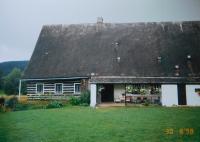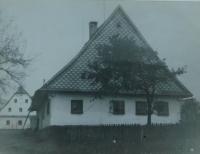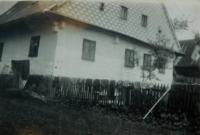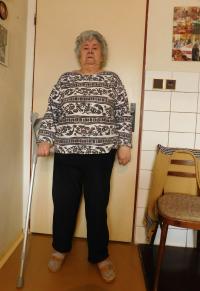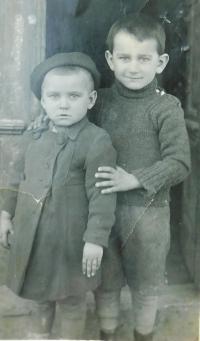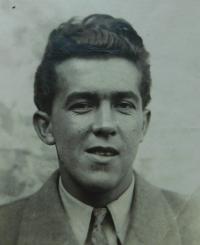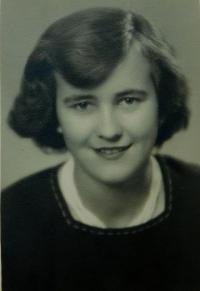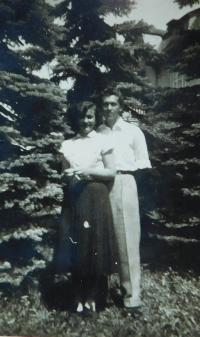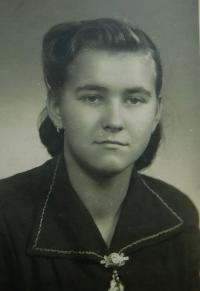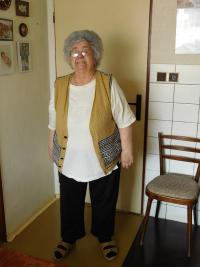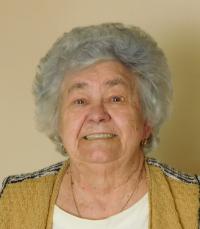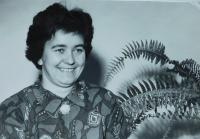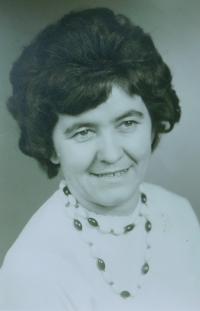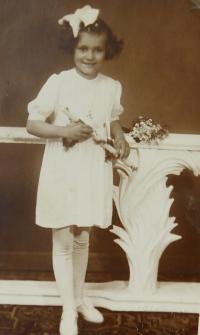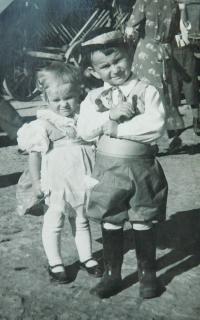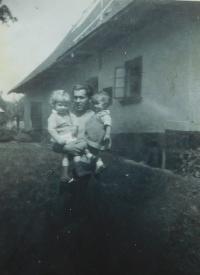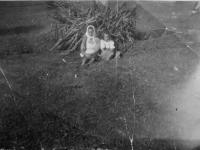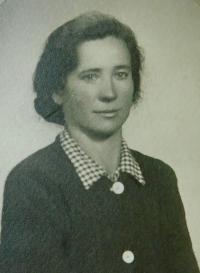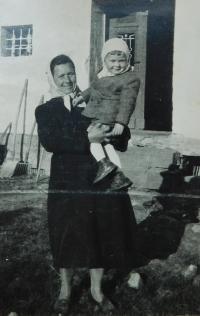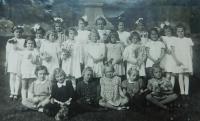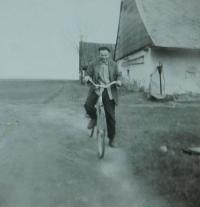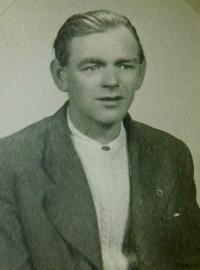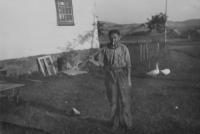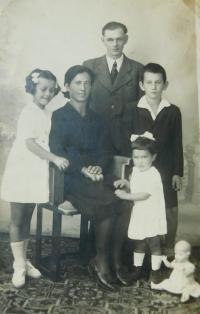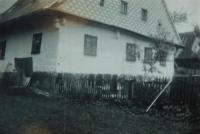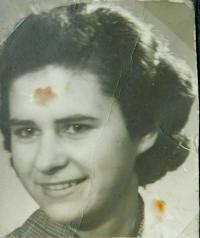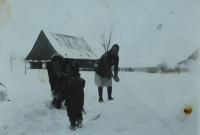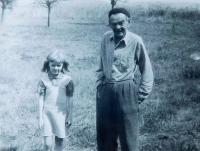People have all kinds of conveniences now, but what they lack is humanity and mutual understanding

Download image
Jaroslava Hynková, née Mlynářová, was born on July 26, 1935 in the village Radim in the Chrudim district. Just like thousands of others, after the end of WWII her family moved in search of a better future from the country’s interior to the border regions, where they settled in a house which had remained empty after the forced deportations of Germans. They found a farm in the village Horní Lipka near Králíky. However, life in the foothills of the Králický Sněžník turned into a nightmare. The village was still being administered by commissioner Vladimír Rozinek at that time, and there were cases of violence during his administration, and even a sevenfold murder of local Germans. After the situation calmed down and the family had already invested considerable effort into setting up their farm, it was confiscated from them during the collectivization of the countryside under the direction of the communist regime. They suffered from poverty for several years, because they were receiving only minimal pay for their hard work in the local Unified Agricultural Cooperative and most of their income was coming only from their croft. When she was fifteen years old, Jaroslava moved to Letohrad and she began working there as a worker in the textile factory Orban (later Perla). She worked in this factory until her retirement. In 1952 she married Václav Hynek and in the same year their daughter Jaroslava was born and in the subsequent four years they had two more daughters - Venuše and Miluše. Jaroslava was living in Letohrad in 2018.
